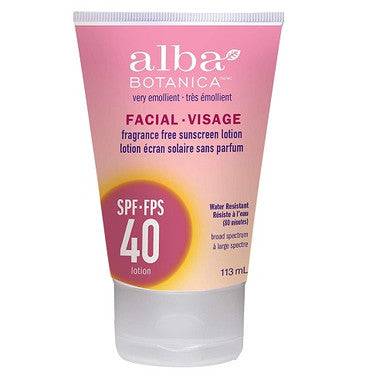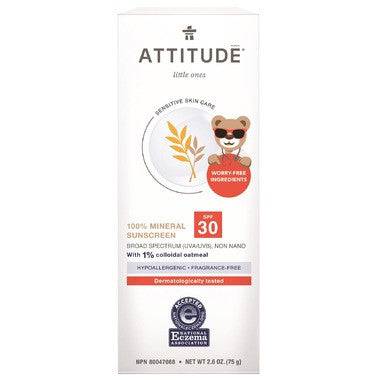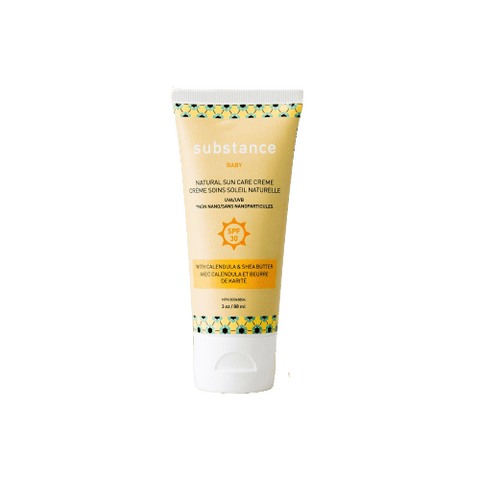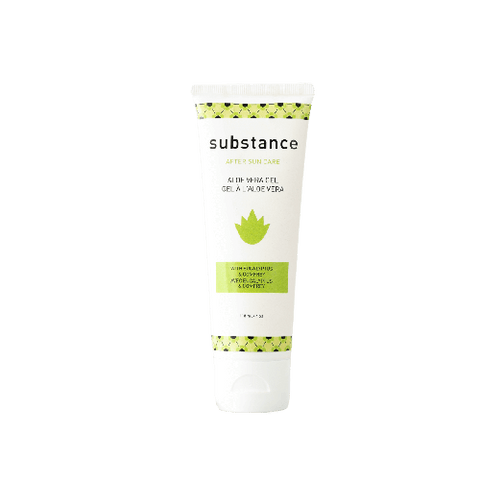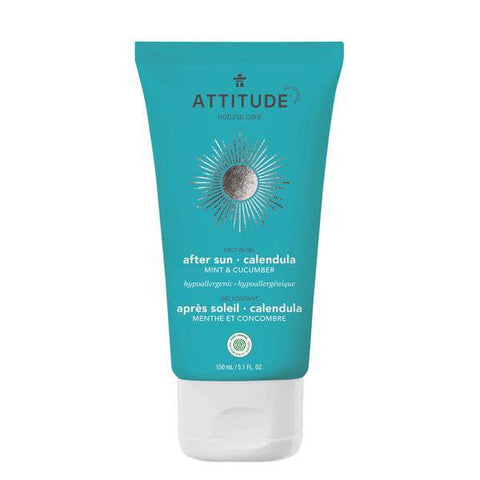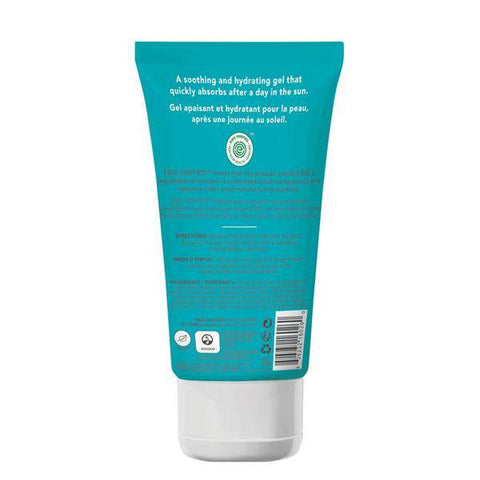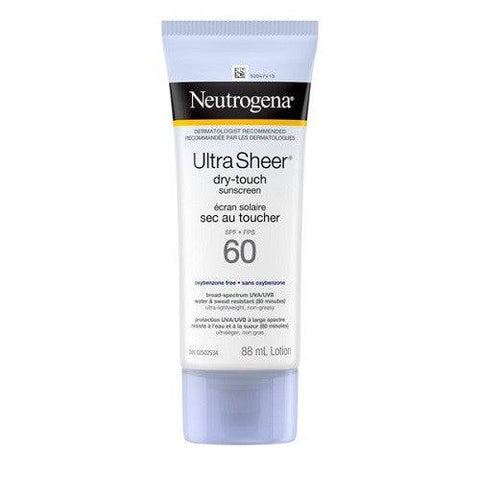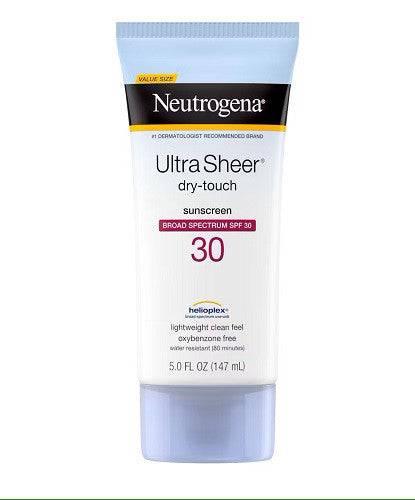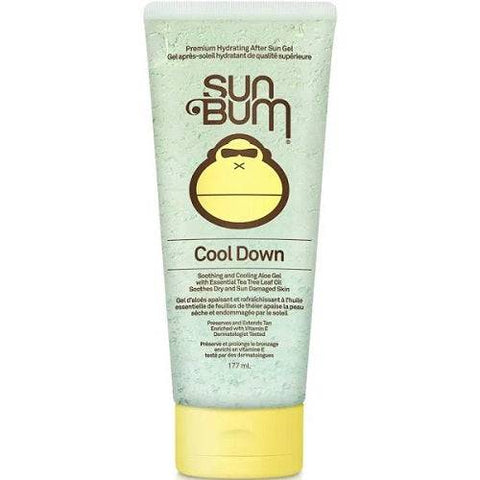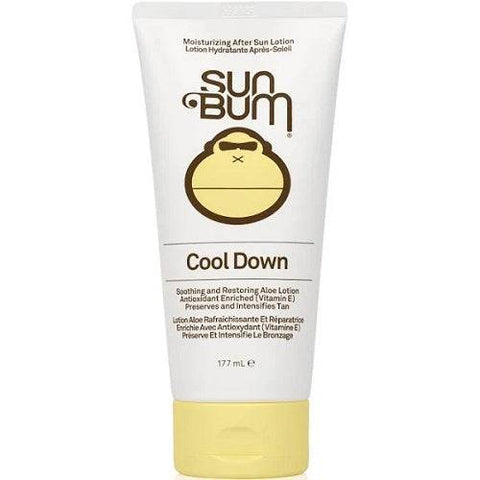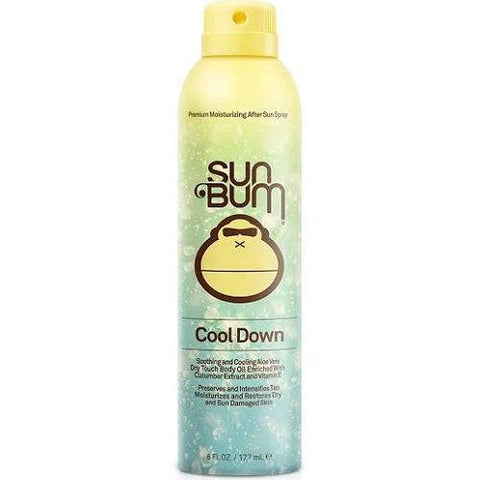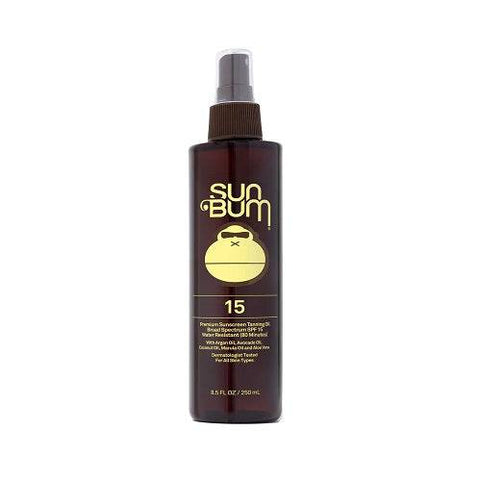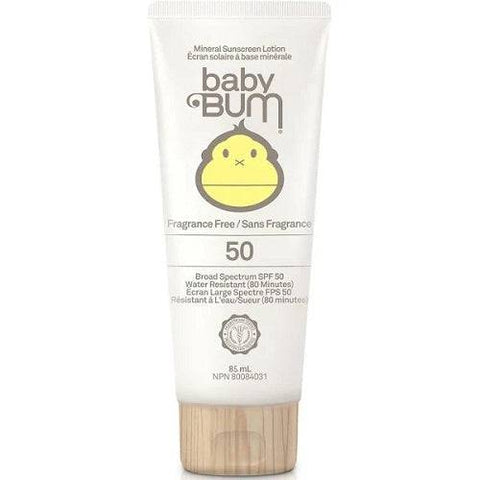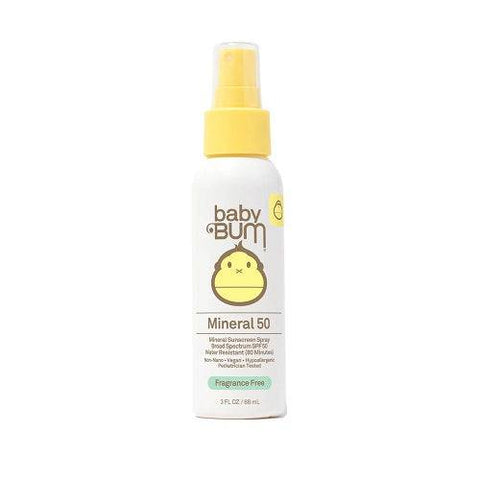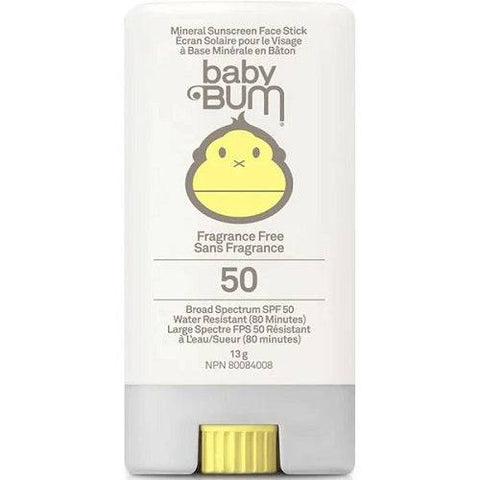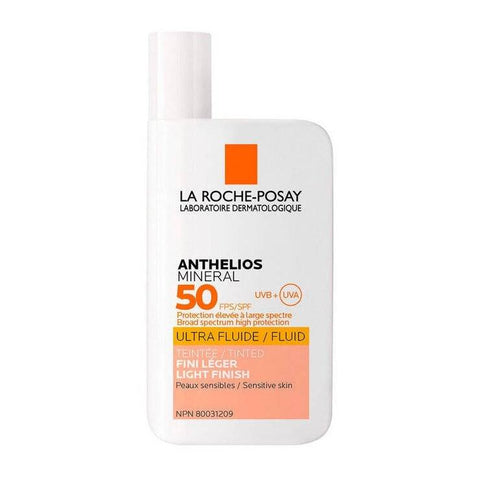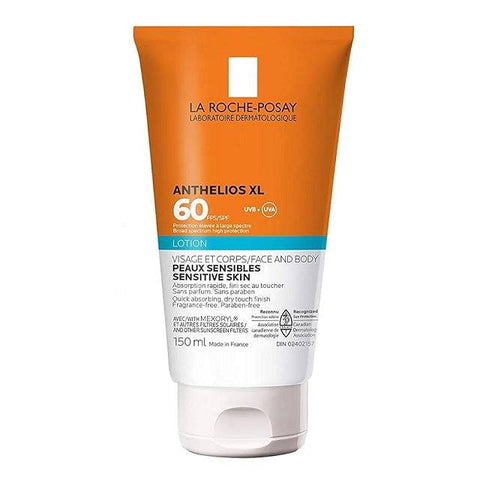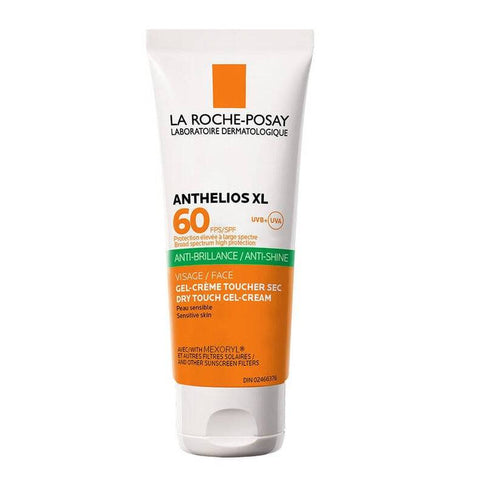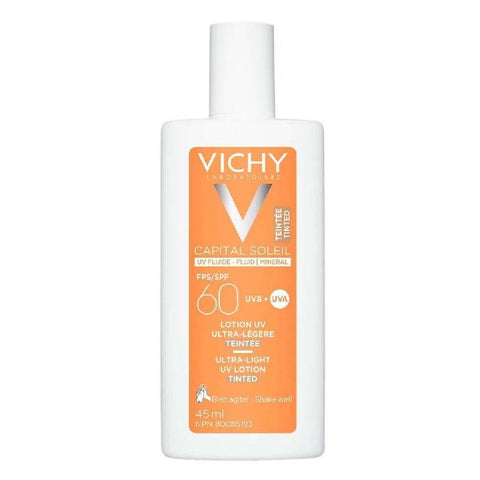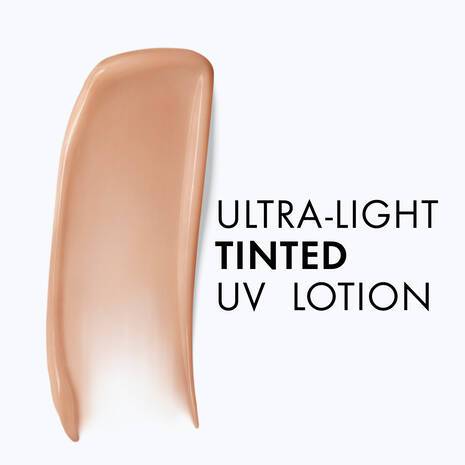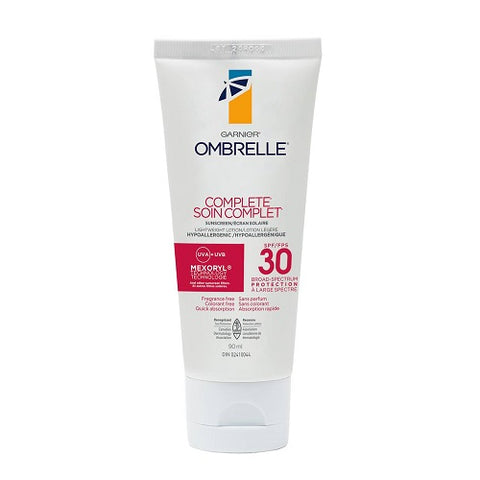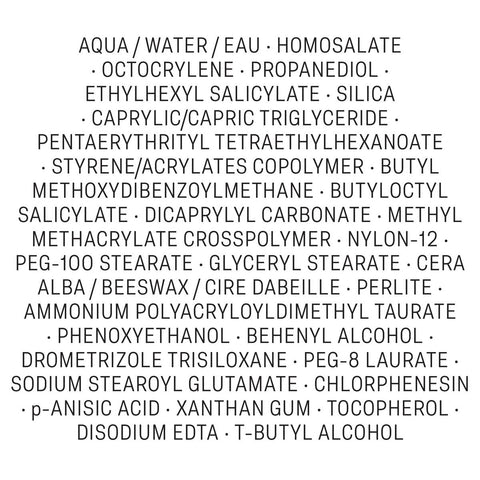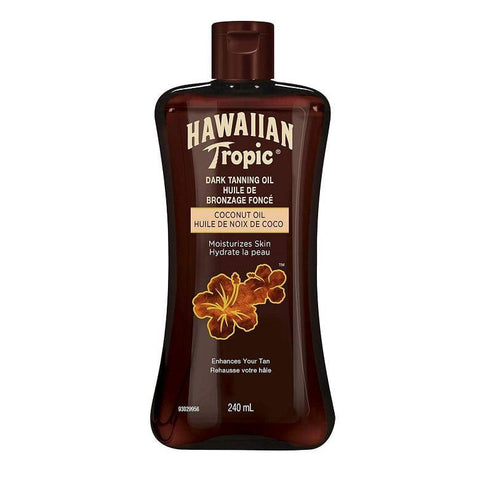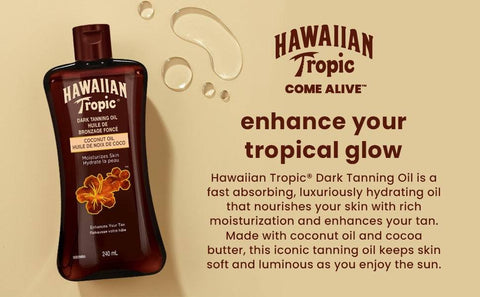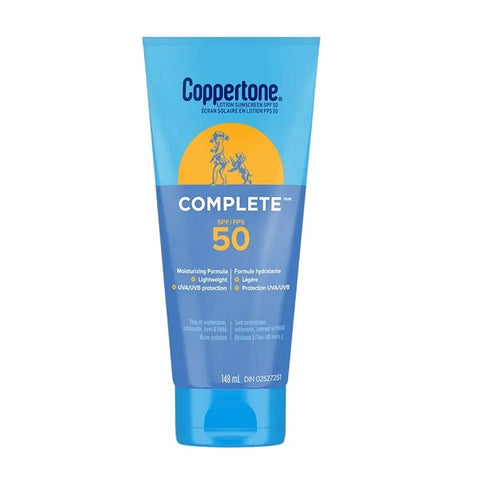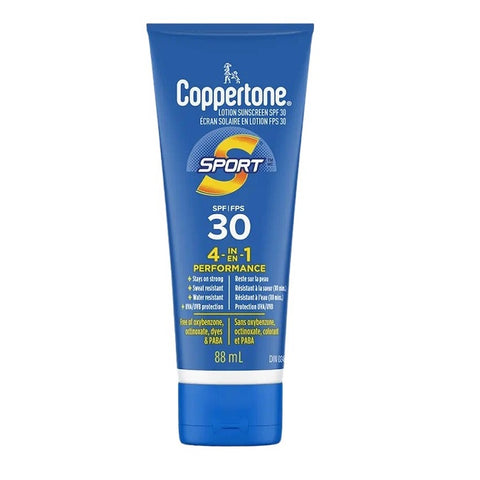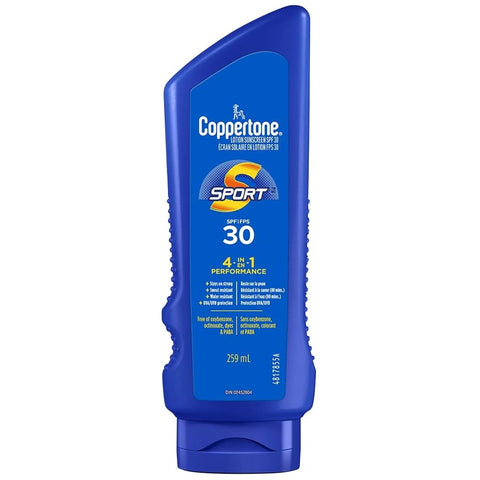Sun care lotions, also known as sunscreen lotion, sunblock lotion, or SPF lotion, are products that protect your skin from the harmful effects of the sun's ultraviolet (UV) rays. Here's a breakdown of different features to consider when choosing a sun care lotion:
- Sun protection lotion, Broad-spectrum lotion: Look for lotions labeled with "broad spectrum" as they protect against both UVA and UVB rays. UVA rays penetrate deep into the skin and are linked to premature aging and wrinkles, while UVB rays burn the skin's surface.
- Waterproof sunscreen, Sweat-resistant lotion: These lotions are formulated to stay effective even after swimming or sweating. However, reapplication is always recommended after extended sun exposure or swimming, even with waterproof lotions.
- Moisturizing sunscreen, Hydrating sunscreen, Nourishing SPF: These lotions provide hydration to the skin along with sun protection. They are ideal for dry skin.
- Non-greasy sunscreen, Quick-absorbing SPF: These terms describe lotions with a lightweight formula that absorbs quickly and leaves no greasy residue. They are ideal for oily and acne-prone skin.
- Lightweight sunscreen, Sheer sunscreen lotion: These lotions have a light, non-comedogenic formula that allows the skin to breathe. They may also provide a slight tint to even out skin tone.
- Mineral sunscreen lotion, Chemical-free SPF lotion: Mineral sunscreens, also known as physical sunscreens, sit on top of the skin and deflect UVA and UVB rays. They are formulated with zinc oxide and titanium dioxide, and are generally gentler on sensitive skin.
- Reef-safe sunscreen lotion: These lotions are formulated to be oxybenzone-free and octinoxate-free, which are chemicals known to harm coral reefs.
- Fragrance-free SPF lotion, Hypoallergenic sunscreen lotion: Look for these labels if you have sensitive skin. Fragrance and certain chemicals can irritate the skin.
- Dermatologist-tested SPF lotion: This indicates the lotion has been tested by dermatologists for safety and effectiveness.







